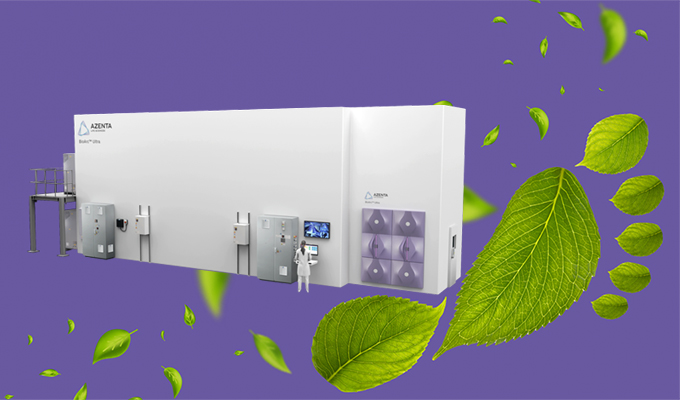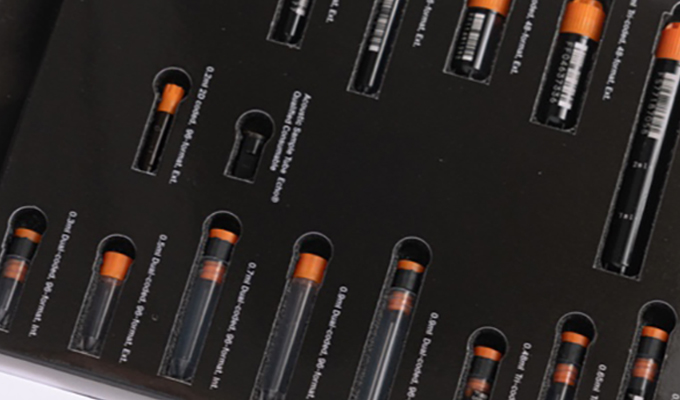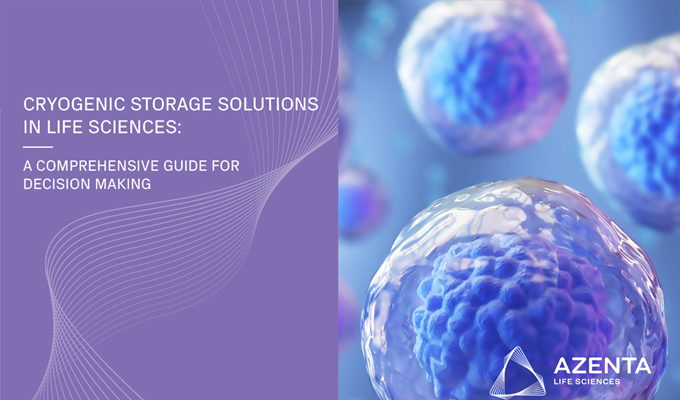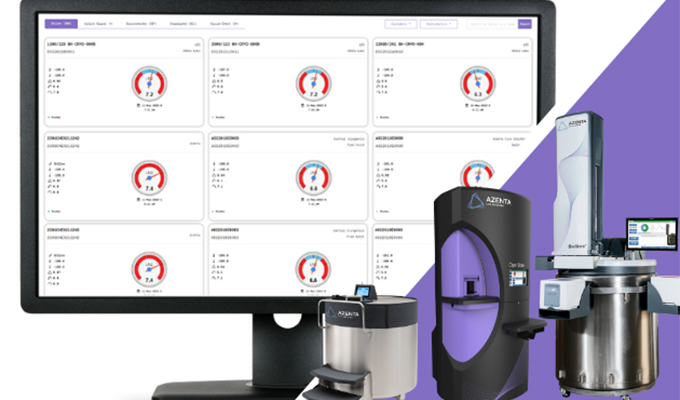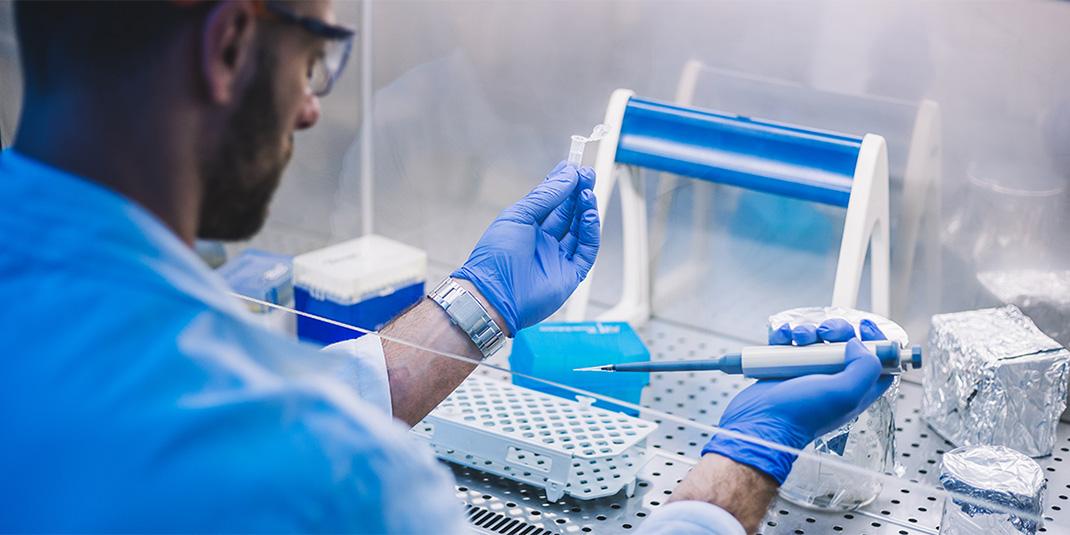Many branches of modern biological research require the collection of fully intact genomic DNA. Genomic DNA refers to the complete set of DNA within an organism. During the collection process it is often desired to keep the strands of DNA as long and intact as possible. The collection of genomic DNA involves extracting DNA from biological substances such as blood, microbe cultures, and tissues. The two most commonly used techniques for DNA extraction are packaged kits and phenol:chloroform extraction.
Biological Material Storage Prior to Genomic DNA Extraction
Biological material intended for genomic DNA extraction should be stored in a manner that will preserve DNA integrity. Usually the axiom “colder is better” applies. While it is often possible to obtain some DNA from biological materials that have been stored in less than ideal conditions, it is typically difficult to acquire full genomic DNA because sometimes the nucleic acids have begun to degrade and strands of genomic DNA can become more fractured. Poor storage methodologies decrease read lengths and data quality obtained from these materials. Best practices for the storage of biological material intended for genomic DNA extraction include freezer storage below -80°C, which should halt the degradation of nucleic acids.
Genomic DNA Extraction Kits
There are many kits available for genomic DNA extraction which can simplify the process and often obtain high quality, replicable results even when used by less experienced technicians. In general, these kits start by breaking up the biological materials in a way that lyses all the cells. This process exposes the DNA in the cell nucleus so that it may be further separated from non-DNA materials in the cell. The resulting liquid is then typically suspended in salt buffers and spun through specialized filters to collect DNA while washing away non-DNA material. DNA then is precipitated and washed from the filter with alcohol. Finally, the material is spun into a pellet that can be suspended in a suitable buffer.
Genomic DNA Phenol:Chloroform Extraction
For genomic DNA extraction from biological materials that are anticipated to be difficult, low-yield, or carry some other nuance that prohibits the use of a kit, some researchers prefer to use a phenol:chloroform DNA extraction method. This method typically requires a more experienced technician, as the procedure is more sensitive to user error and yields can vary dramatically depending on bench technique. As with kits, the biological material must first be disrupted. Then it is suspended in a phenol:chloroform solution and spun so that the material separates into phases. The desired phase is collected and spun through multiple alcohol washes before a final alcohol precipitation step at -20°C. Finally, the DNA is pelleted and resuspended in the desired buffer.
Genomic DNA Storage & Handling Post-Extraction
Regardless of how genomic DNA material is collected, proper storage and handling is essential to the maintenance of high quality DNA that can be used for downstream research applications. Enduring multiple freeze-thaw cycles can degrade DNA and compromise the ability to obtain data from extracted genomic DNA. The DNA will begin to degrade at room temperature and need to be frozen to maintain sample integrity. If a particular genomic DNA sample will need to be used in multiple experiments, it is recommended to make multiple aliquots that will only be thawed when they are needed. DNA material used in a short time frame may be stored at -20°C. DNA stored long term should be in ultra-low freezers, typically at or below -80°C which should prevent the degradation of nucleic acids in the DNA. Often times, off-site biostorage services are used to protect and store materials. This allows for backup materials to be kept safe and well monitored.
